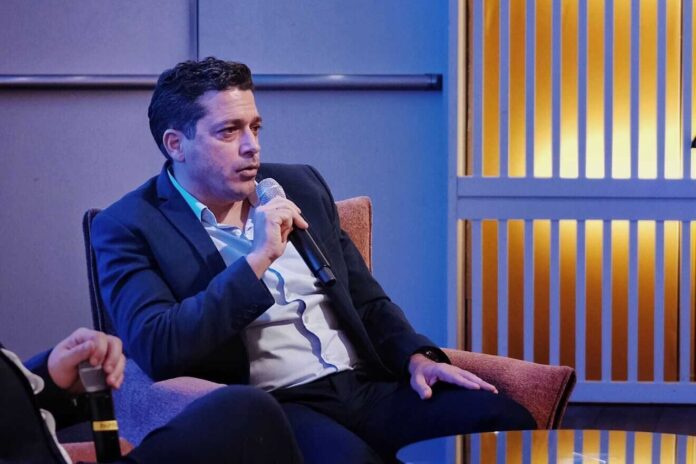Israeli Minister Amichai Chikli has made it clear: he will oppose the second round of hostage releases in Israel’s ongoing deal with Hamas. Chikli, speaking at a Jewish-American leaders’ conference, described the deal as a sign of weakness.
Minister stands firm on opposition
“I will oppose the second stage of the deal, just like I did with the first,” Chikli declared. He expressed deep concerns over the release of prisoners, labeling it as a dangerous move. Chikli believes that this agreement comes at a hefty price for Israel. The minister’s words were clear: “I cannot vote in favor of the next terror victims.”
700 dangerous prisoners to be released
The deal proposes the release of 700 terrorists—individuals responsible for countless attacks on Israelis. Chikli slammed the decision, calling them “terror experts” with a history of killing and injuring hundreds. These prisoners, he argues, are tied to some of the most brutal acts, including the deadly Second Intifada.
Chilling gift from Hamas
Amidst the release of these prisoners, a chilling gesture from Hamas has raised alarms. A released hostage, Israeli-Argentinian Yair Horn, was handed an hourglass by the group. The hourglass featured a photo of an Israeli man still held captive in Gaza. Along with the photo, a message read: “Time is running out.“
Hamas continues to use ‘proof of life’ tactics
The hourglass is not just a gift but a symbol frequently used by Hamas in their “proof of life” videos. This tactic keeps families in fear, knowing their loved ones may still be alive—but in constant danger.
The releasing of prisoners
The release of hostages came as part of a broader exchange deal. Israel freed 369 Palestinian prisoners, including many with connections to terrorist activities. This move has sparked controversy, with critics like Chikli questioning the wisdom of such actions. At the same time, the Palestinian Prisoners’ Club reported that some of those released were in critical health conditions.

Tensions rise between Israel and Hamas
The deal comes against the backdrop of rising tensions between Israel and Hamas. Both sides have accused each other of violating the ceasefire, with Israel threatening a return to military action. Yet, despite these threats, both parties agreed to move forward with the hostage release on Saturday.
Hostage exchange ceremony
In the southern city of Khan Yunis, Hamas fighters gathered for the handover ceremony. With the logo of Hamas’s armed wing, the Ezzedine Al-Qassam Brigades, displayed prominently, the exchange took place. Around 200 militants from Hamas and Islamic Jihad were stationed at the ceremony, emphasizing the group’s power and control.
Continuing crisis
The hostages, held since Hamas’s brutal October 7 attack, were part of a larger ongoing conflict between Israel and Hamas. Despite efforts to negotiate peace, both sides remain locked in a deadly struggle, with no clear resolution in sight. The exchange deal is just one part of a much larger and more complex situation.




